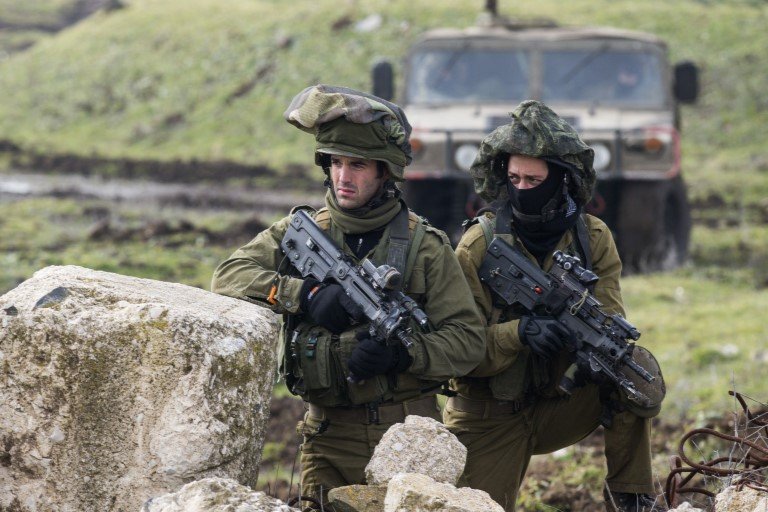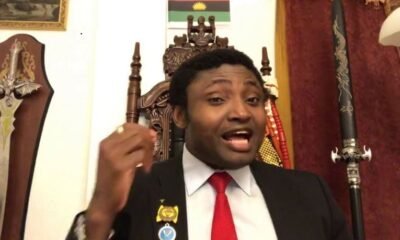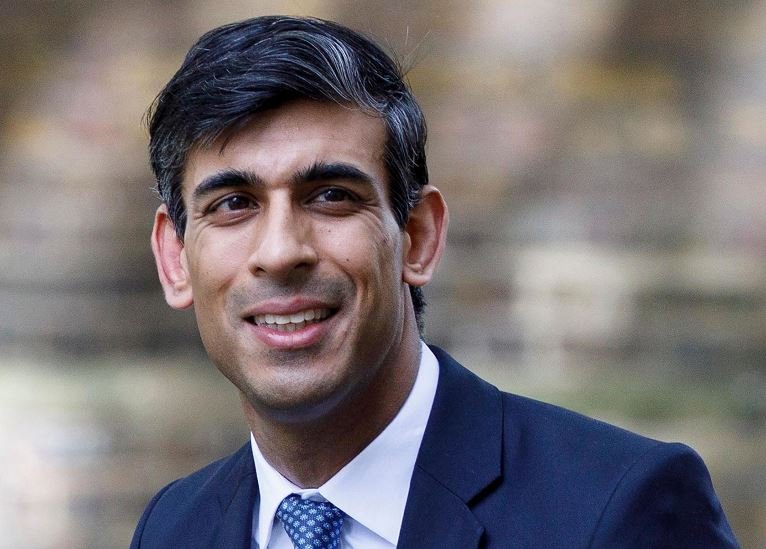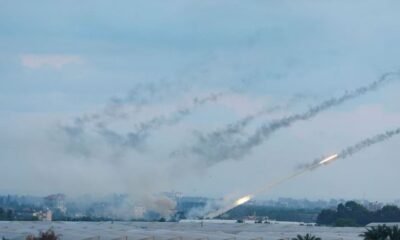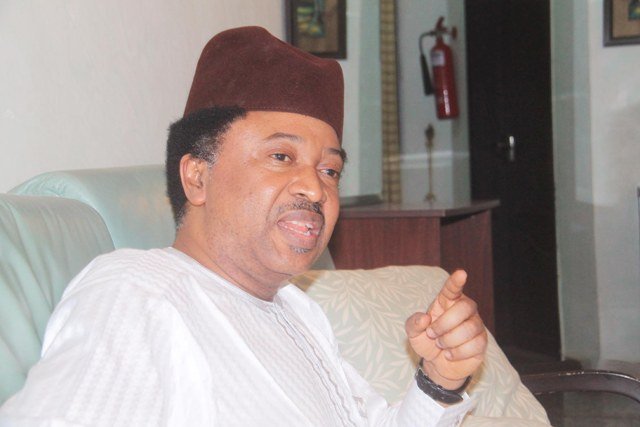EU
EU nuclear deal: Iran responds to draft, seeks US flexibility on key issues
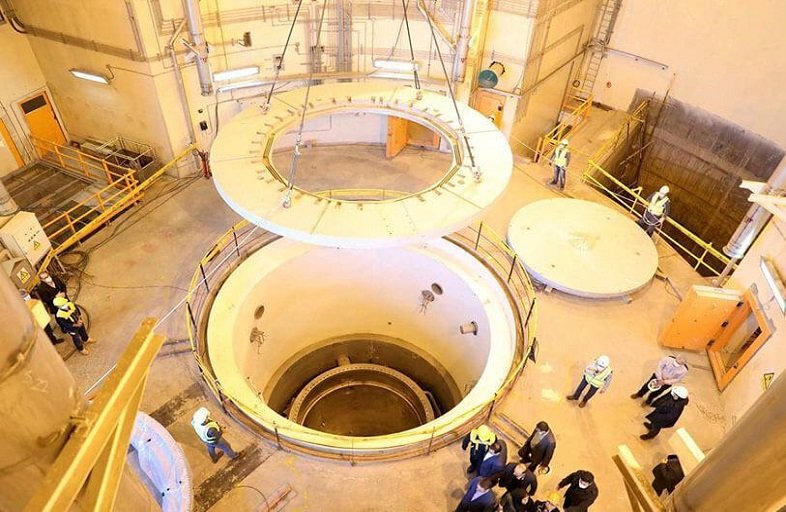
Late on Monday, Iran responded to the EU’s “final” draft language to preserve the 2015 nuclear agreement, according to a bloc official, and urged on the US to exercise flexibility to overcome the three outstanding issues.
It took 16 months of indirect negotiations between the US and Iran, with the EU serving as the mediator.
On August 8, a senior EU official stated that the organization had presented a “final” offer and anticipated hearing back in “very, very few weeks.”
On the basis of the EU’s suggestions, the US has stated that it is prepared to rapidly reach an agreement to restore the 2015 agreement. Iranian negotiators, however, said Tehran’s “additional thoughts and considerations” to the document would be communicated later.
Iran-Nigeria Trade up by 300%
On Monday, the EU official made no mention of Iran’s answer.
The US State Department announced on Monday that the Biden administration would “privately” discuss its opinions with the EU over any Iran response.
“We will share our views on the text proposed by the high representative [Josep Borrell] directly with him,” department spokesman Ned Price said.
“We will do that privately. We do agree, however, with his fundamental point, and that is that what could be negotiated has been negotiated.”
Russian forces seize Chernobyl nuclear power plant
If “Tehran’s red lines are maintained,” the 2015 nuclear agreement between Iran and the P5+1 might be renegotiated, Iranian Foreign Ministry spokesman Nasser Kanaani said earlier on Monday.
According to Hossein Amirabdollahian, Iran’s foreign minister, if a deal couldn’t be struck, there was a “Plan B.”
“Specifically, there are three issues … if these three issues are resolved, we can reach an agreement,” Mr Amirabdollahian said.
“But failure to revive the pact would not be end of the world.”
The three difficulties were not described by him.
Flanked by nuclear missile, N.Korea leader, Kim Jong Un warns US, S.Korea
But according to analysts, issues that could cause problems include sanctions on the Islamic Revolutionary Guard Corps and a probe by the UN’s International Atomic Energy Agency into uranium traces at sites that Iran claimed were not used for nuclear development.
If an agreement could be struck, Mr. Kanaani claimed that the lifting of sanctions against Iran would benefit the world economy and energy supply.
The lifting of sanctions would increase Iranian oil shipments at a time when the Russian invasion of Ukraine has disturbed the global oil market.


